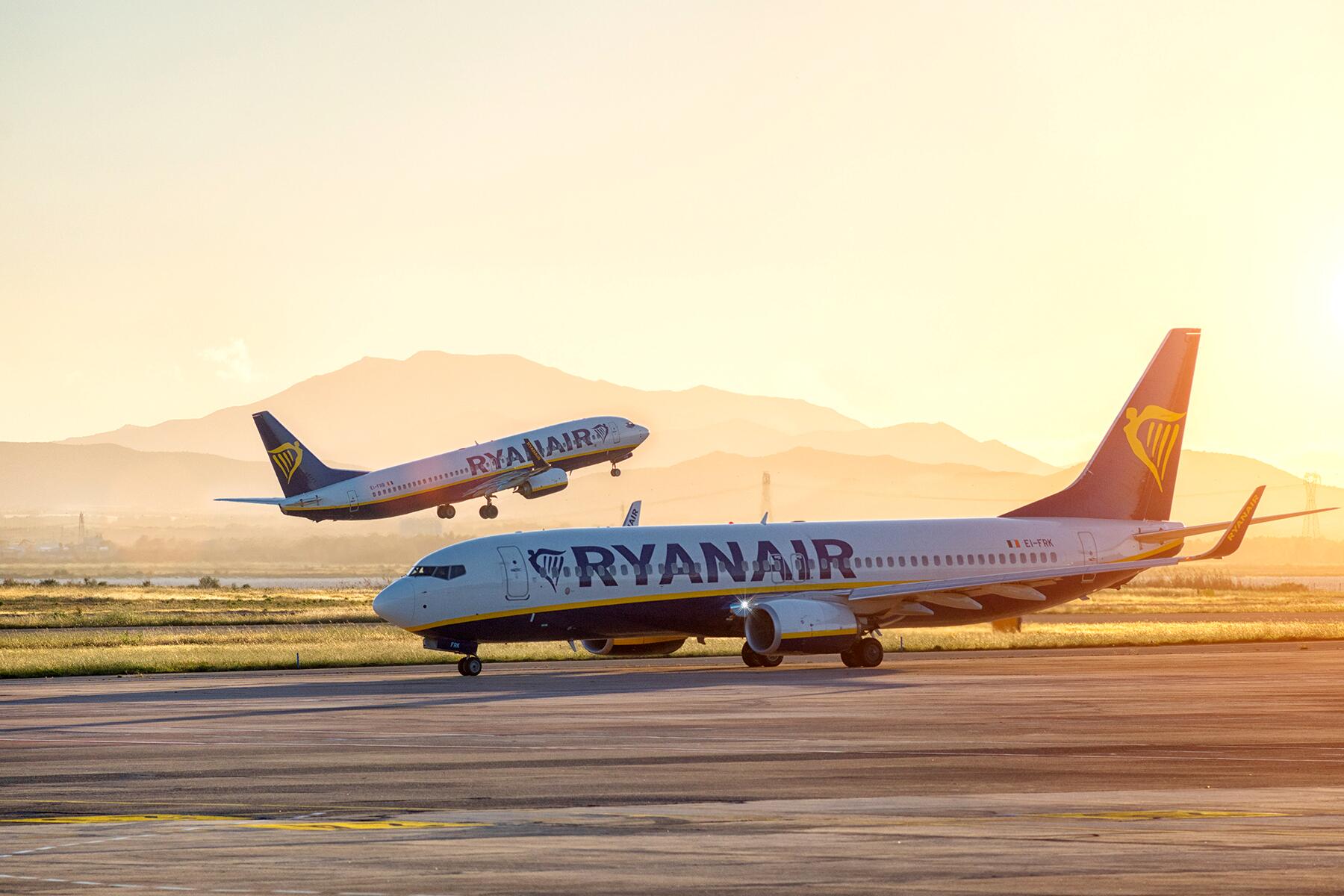Some of the coldest winter weather seen this year is expected for Thanksgiving travel.
Anumber of winter storms are forecast to bring inclement weather to the U.S. this week, affecting the east, midwest, and California. A mixture of rain and snow could slow U.S. air traffic during some of the busiest air travel days of the year—those immediately before and after the Thanksgiving holiday. The FAA expects Tuesday to be the busiest day for airports this year.
Weather is the most common cause of flight delays, and the potential for delays this week is higher. Further exacerbating the situation is that airlines typically add flights to their schedules to accommodate the increase in passenger traffic; with nearly every flight going out full, airport facilities are often stretched beyond their capacities.
When airlines delay or cancel flights, it can send ripple effects through their systems, but during the holidays, fuller flights mean fewer options for rebooking. But what can travelers this week do to prepare for the storms that could upset their holiday travel plans?
Planning Ahead
Airlines typically won’t cover expenses for travelers when flight delays are related to weather, so travel insurance can be helpful during holiday periods. For flights that are delayed or canceled, travel insurers will typically reimburse for expenses if airlines are unable to rebook passengers within several hours.
Recommended Fodor’s Video
Travelers can also hedge their bets by booking flights at the beginning of the day. Even flights departing from cities not anticipating direct weather impacts can be delayed if the aircraft operating those flights are transiting weather-affected airports earlier in the day. Flights departing good-weather airports first thing in the morning tend to depart on time.
Flight tracking apps like Flighty can also help travelers get ahead of flight delays by tracking the aircraft assigned to their flights, to find out if they’re traveling through weather-affected cities or are already running behind schedule before they arrive.
It can also be helpful to read your airline’s contract of carriage or customer service plan to learn how the airline pledges to accommodate travelers in the event of a delay or cancellation. Knowing in advance what the policies are will help save time when speaking with airline staff.
Being Flexible
If your flight is delayed or canceled because of weather, start checking your alternatives immediately—don’t wait for the airline to tell you what’s available for rebooking. And don’t wait for a delayed flight to cancel before you start checking alternatives—delays can oftentimes extend multiple times (these are called rolling delays) before ultimately canceling.
If it appears flights have sold out for the rest of the day or the next several days, start checking alternate modes of transport. Buses, trains, rental cars. Airlines are required by new DOT rules to provide prompt refunds when they cancel flights and cannot offer a suitable alternative. If you have purchased a travel insurance policy, be sure to read the fine print to find out the amount that they’ll cover for travel delay, and be sure to check how long a travel delay must last before coverage begins—sometimes a delay or cancellation must cause a delay of several hours before insurance will begin to cover expenses.
When traveling as a family group, it can be helpful to have one member of the party seek information and make decisions on the fly—extended discussions in a large traveling party can delay decisions long enough for flight availability options to sell out.
Ask Questions
If an airline delays or cancels your flight, be sure to ask for a reason if they don’t offer one. Many airlines class delays as either within their control (like maintenance or crew scheduling) or outside of their control (like weather and air traffic control delays). When an airline has what they term a controllable delay, their thresholds for issuing expense reimbursement, hotel accommodations, and meal vouchers are typically lower.
In addition to packing patience this week, pack some warm clothes—some of the coldest winter weather year seen this year is expected to float south from the Canadian shield.



